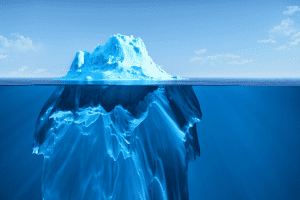As the world is transformed by global trends, so too does is the water sector evolve to embrace changes in customer and community expectations, workforce expectations, and the regulatory landscape. Water utility assets are increasingly more connected to the Internet of Things, changing the volume of data available for operational decision-making and also the way in which assets are managed.
Within this new world, there is much for the water sector to learn and adapt to rapidly. Our Workforce research projects aim to understand and inform the systems and organisational structures that support the functioning of the business units within our Member organisations. This can include projects that examine or more of the following:
- Organisational processes;
- Technological gaps;
- Training, skills, and competencies;
- Diversity and inclusion;
- Frontline operations;
- Value, costs, and benefits;
- Future readiness of water industry workers.
In this way, WaterRA is supporting its members to be forward-looking and be confident in delivering current, medium, and long-term business objectives though strategic recruitment, up-skilling, and development.
Featured project
Today, research needs to deliver clear, demonstrable impact – and that’s just the tip of the iceberg.
Related projects

CSIRO’s AquaWatch mission is a system intended to deliver near real-time data for the monitoring and managing the quality of water systems throughout Australia and the world…
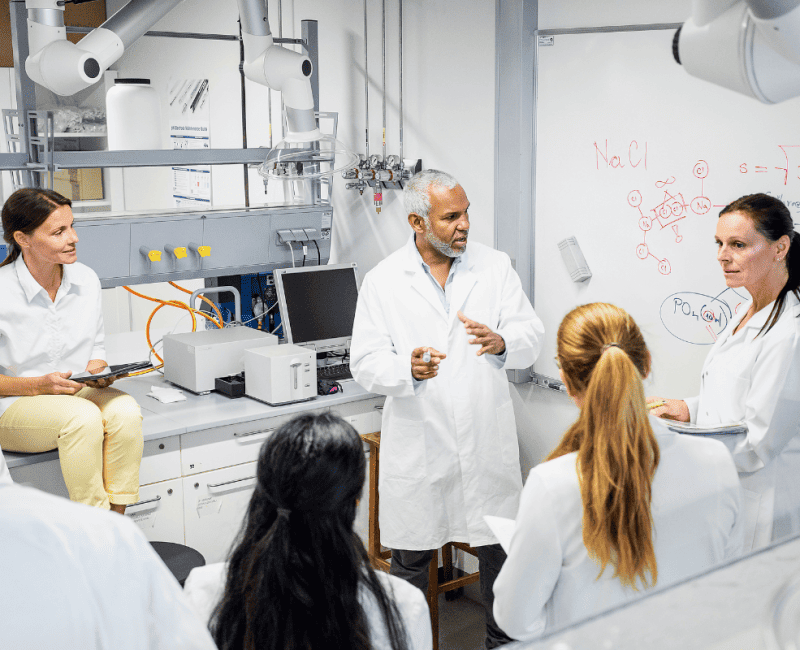
Water utilities invest significant resources in research, but the full impact may not be maximised if knowledge exchange between project participants and end users is not effective…

This project proposes to bring industry and regulators together to develop minimum standards for technical competency that facilitates a more consistent approach towards technical competency…
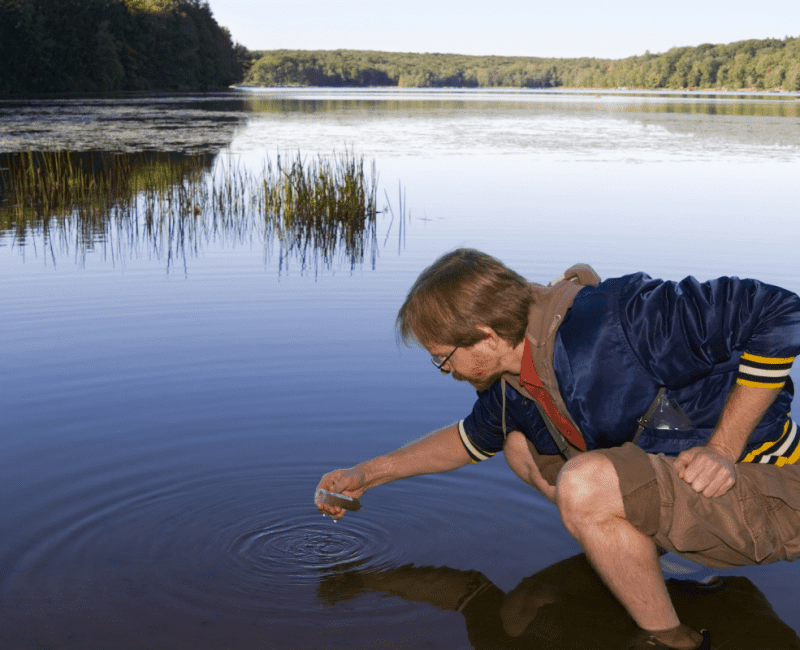
The Australian water industry is an active participant in research that aims to improve water quality but there are often barriers to disseminating and implementing research findings and results…
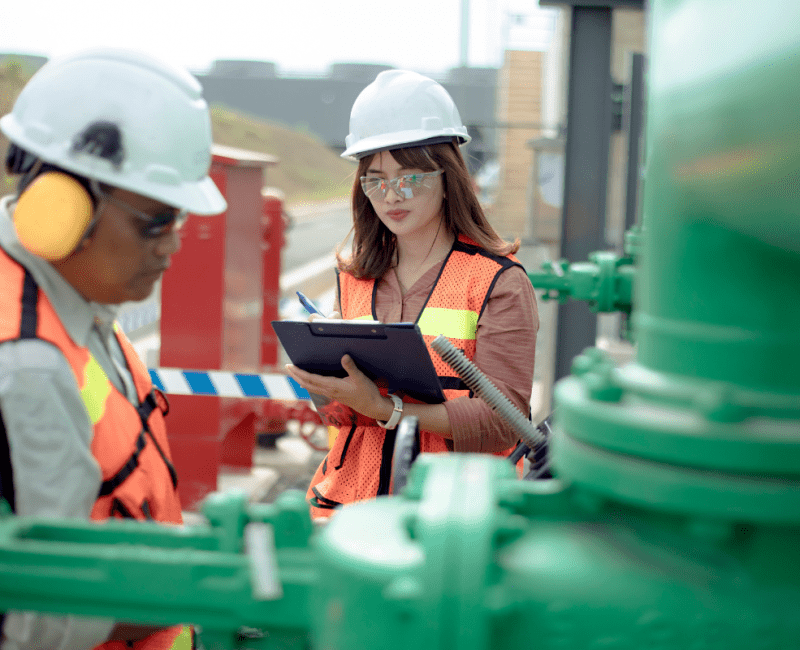
Failure to maintain appropriate levels of knowledge, skill, and experience in the frontline operator workforce runs the risk of disruption and loss of service delivery consequent to human error, along with associated risks to the environment and public health and safety…

The ADWGs include methods and strategies for calculating all types of risks to water quality but lack guidance for managing extreme weather events…
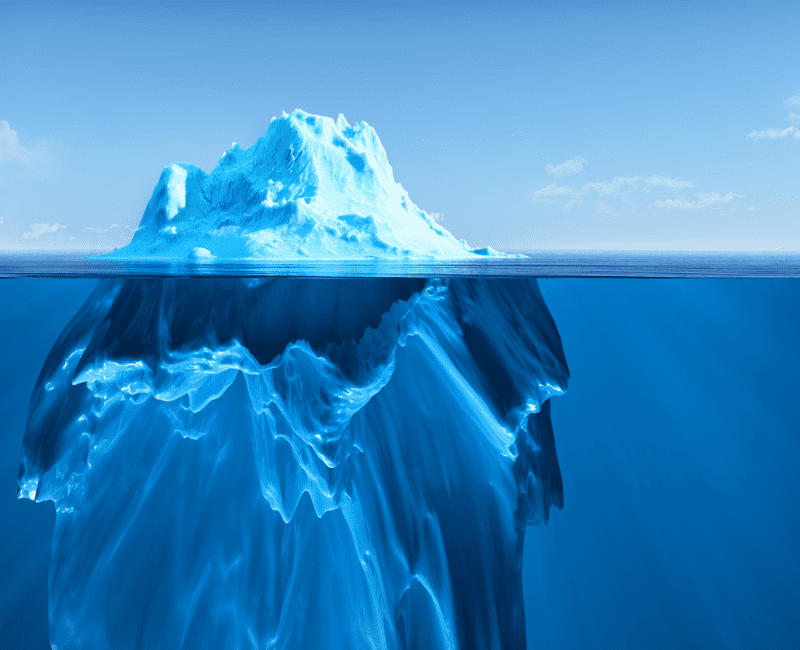
Today, research needs to deliver clear, demonstrable impact – and that’s just the tip of the iceberg.



